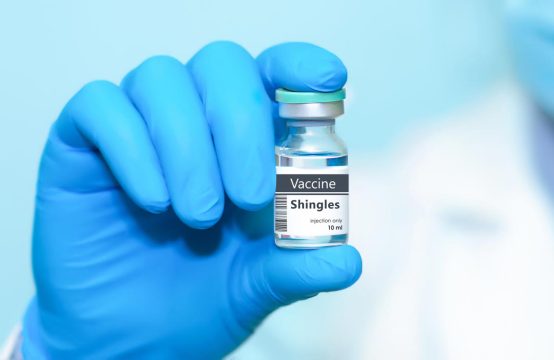Advertisment
Exposure to harmful chemicals in plastic may contribute to postpartum depression

Endocrine-disrupting chemicals may influence hormonal shifts during pregnancy as well as contribute to postpartum depression, according to a small study published in the Endocrine Society’s Journal of Clinical Endocrinology & Metabolism.
Postpartum depression is a serious and common psychiatric disorder that affects up to 1 in 5 childbearing women. The cause of postpartum depression is not well understood, but hormonal changes during pregnancy have been found to be an important factor. Harmful chemicals such as bisphenols and phthalates that are found in plastics and personal care products are known to affect sex hormones.
“We found that phthalate exposure was associated with lower progesterone levels during pregnancy and a greater likelihood of developing postpartum depression,” said study author Melanie Jacobson, Ph.D., M.P.H. of the NYU Langone Medical Center in New York, N.Y. “This research is important because phthalates are so prevalent in the environment that they are detectable in nearly all pregnant women in the United States. If these chemicals can affect prenatal hormone levels and subsequently postpartum depression, reducing exposure to these types of chemicals could be a plausible avenue for preventing postpartum depression.”
The researchers measured the levels of bisphenols and phthalates in urine samples and sex hormones in blood samples from 139 pregnant women. They assessed these women at four months postpartum using the Edinburgh Postnatal Depression Scale (EPDS) and found women with higher levels of phthalates in their urine were more likely to develop postpartum depression. The women also had lower levels of progesterone, a hormone that plays an important role in the menstrual cycle, in maintaining the early stages of pregnancy and in modulating mood.
“These results need to be interpreted with caution as this is the first study to examine these chemicals in relation to postpartum depression and our sample size was small,” Jacobson said.
The manuscript received funding from the National Institute of Environmental Health Sciences and the National Institutes of Health Office of the Director.
The manuscript, “Prenatal Exposure to Bisphenols and Phthalates and Postpartum Depression: The Role of Neurosteroid Hormone Disruption,” was published online, ahead of print.





